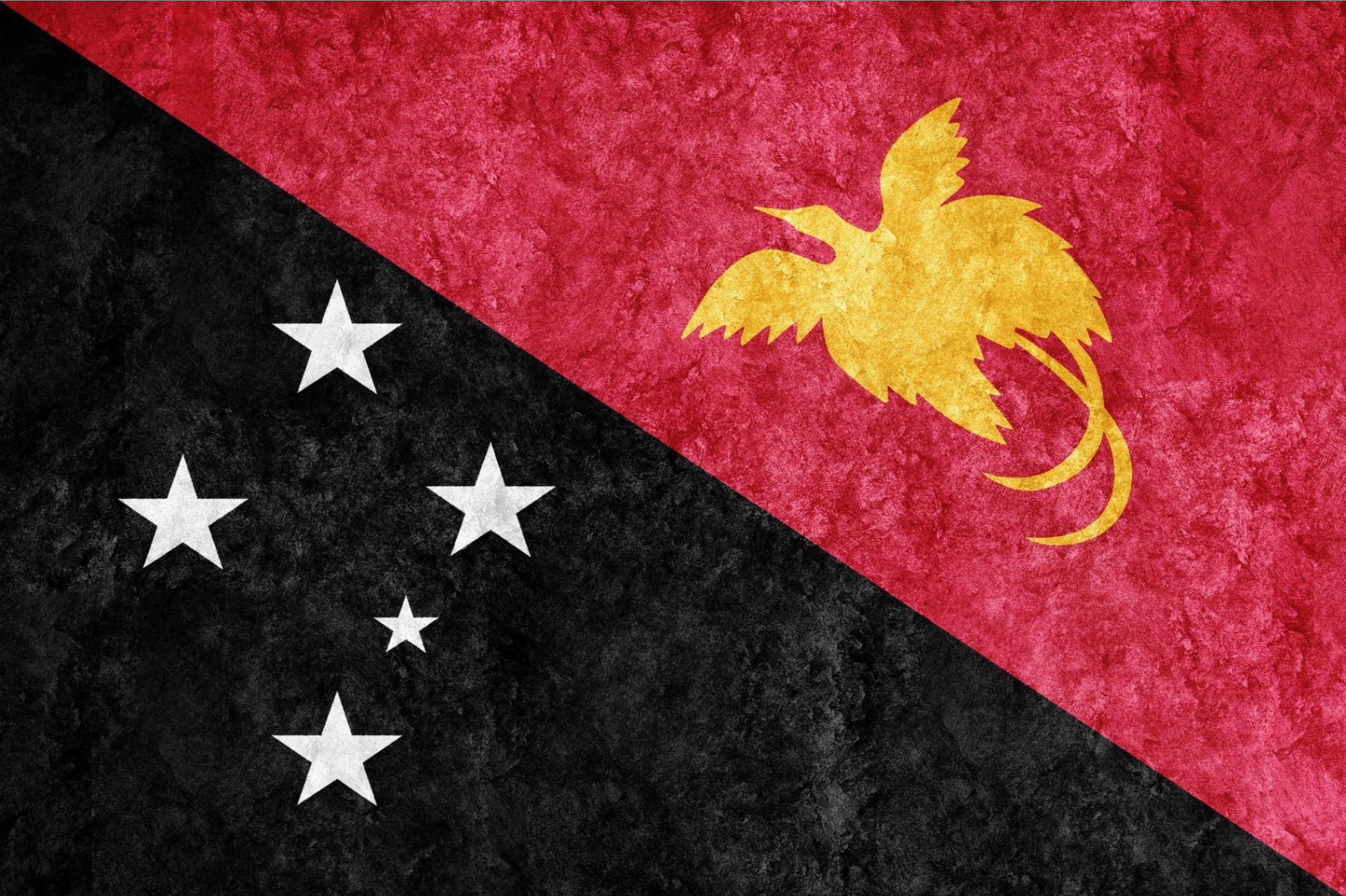
The 1975 Constitution of Papua New Guinea, as modified; the Citizenship Act 1975, and its modifications; and international agreements entered into by the Papua New Guinean government govern nationality law in the country. These laws define who is a Papua New Guinean national or who is qualified to become one.
Nationality, or formal legal membership in a nation, differs from citizenship, which is a domestic connection of rights and obligations between a national and the nation. Papua New Guinean nationality is normally acquired by the principle of jus soli, i.e. birth in Papua New Guinea, or through the norms of jus sanguinis, i.e. birth abroad to Papua New Guinean parents.
It can be given to people who have lived in the country for a certain amount of time, who have contributed to its development, or who have a naturalized connection to the country.
In Papua New Guinea, nationality can be obtained at birth or later in life by naturalization.
By Birth
Nationality by birth applies to:
- People are born in the territory to at least one Papua New Guinean parent.
- Persons born outside of Papua New Guinea to at least one Papua New Guinean parent;
- Persons born aboard a Papua New Guinea-registered ship or aircraft, or an unregistered vessel owned by the Papua New Guinea government
- In the region, there were foundlings or children of unknown ancestry.
By Naturalization
In Papua New Guinea, regular naturalization is obtained by applying to the Minister in charge of immigration administration. Applicants must show that they are of good character, know the Papua New Guinean language and culture, are self-sufficient, and have lived in the territory for at least eight years.
A Citizenship Advisory Committee determines if the candidate has appropriate civics and language expertise. If the application is approved, the applicant must renounce their other nationality and swear a Loyalty Oath, unless they are requesting dual nationality.
For economic development or sporting achievement, a unique naturalization process is granted for those who have rendered significant contributions to the public or nation. Naturalization is also available to the following people:
- Adoptees
- A legal spouse of a Papua New Guinean who has lived in the territory for at least one of the previous three years
- Persons with at least one Papua New Guinean parent or grandparent who was, or would have been eligible to be, if not for death
- Minor children of naturalized citizens
Former nationals who lost their citizenship after five years of continuous residency in the territory, including those who lost their citizenship due to marriage to a foreign spouse.
Eligibility for Citizenship in Papua New Guinea (Section 67 of the National Constitution)
A person who has lived in the country continuously for at least eight (8) years may apply to the Minister responsible for Citizenship matters to be naturalized as a citizen, and the Minister may if he is satisfied with the matters therein, grant or refuse the application in his deliberate judgment but subject to the advice of the Committee.
To be eligible for naturalization, a person must:
- have a good reputation
- have the intention to be a permanent resident
- speak and understand Tok Pisin or Hiri Motu, or a country vernacular, adequately for typical conversational purposes, unless physically or mentally disabled
- have regard for the country’s norms and civilizations
- be unlikely to be or become a public-funds charge
- have a fair awareness of citizenship’s rights, privileges, responsibilities, and obligations renounce any other citizenship and make the Declaration of Loyalty in the manner specified by or under an Act of Parliament
If a naturalization applicant so wishes, any child of the applicant who is under the age of voting at the time of naturalization becomes a citizen by naturalization on the applicant’s naturalization.

